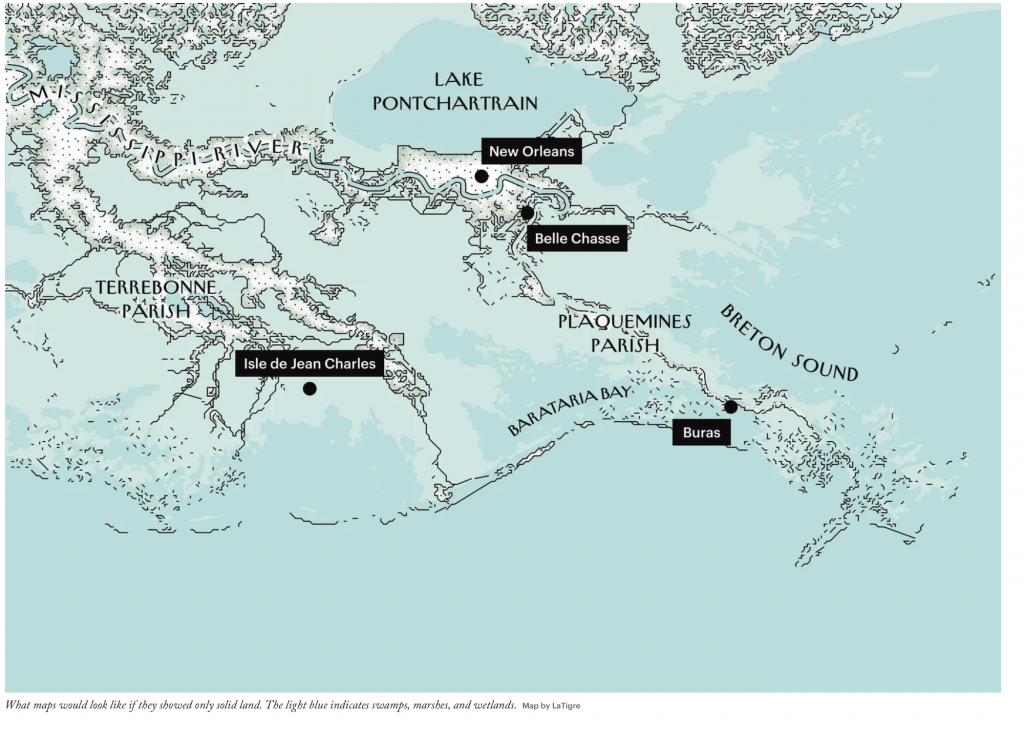On a day when the Obama Administration decided to turn people who want to breath clean air into “enviros,” whatever that means, it was difficult to find something appropriate and fitting of the moment. Then, bingo.
Honore de Balzac, Bureaucracy, Chapter 5: The Machine in Motion
At this moment the division of Monsieur de la Billardiere was in a state of unusual excitement, resulting very naturally from the event which was about to happen; for heads of divisions do not die every day, and there is no insurance office where the chances of life and death are calculated with more sagacity than in a government bureau. Self-interest stifles all compassion, as it does in children, but the government service adds hypocrisy to boot.
The clerks of the bureau Baudoyer arrived at eight o’clock in the morning, whereas those of the bureau Rabourdin seldom appeared till nine,–a circumstance which did not prevent the work in the latter office from being more rapidly dispatched than that of the former. Dutocq had important reasons for coming early on this particular morning. The previous evening he had furtively entered the study where Sebastien was at work, and had seen him copying some papers for Rabourdin; he concealed himself until he saw Sebastien leave the premises without taking any papers away with him. Certain, therefore, of finding the rather voluminous memorandum which he had seen, together with its copy, in some corner of the study, he searched through the boxes one after another until he finally came upon the fatal list. He carried it in hot haste to an autograph-printing house, where he obtained two pressed copies of the memorandum, showing, of course, Rabourdin’s own writing. Anxious not to arouse suspicion, he had gone very early to the office and replaced both the memorandum and Sebastien’s copy in the box from which he had taken them. Sebastien, who was kept up till after midnight at Madame Rabourdin’s party, was, in spite of his desire to get to the office early, preceded by the spirit of hatred. Hatred lived in the rue Saint-Louis-Saint-Honore, whereas love and devotion lived far-off in the rue du Roi-Dore in the Marais. This slight delay was destined to affect Rabourdin’s whole career.
Sebastien opened his box eagerly, found the memorandum and his own unfinished copy all in order, and locked them at once into the desk as Rabourdin had directed. The mornings are dark in these offices towards the end of December, sometimes indeed the lamps are lit till after ten o’clock; consequently Sebastien did not happen to notice the pressure of the copying-machine upon the paper. But when, about half-past nine o’clock, Rabourdin looked at his memorandum he saw at once the effects of the copying process, and all the more readily because he was then considering whether these autographic presses could not be made to do the work of copying clerks.
“Did any one get to the office before you?” he asked.
“Yes,” replied Sebastien,–“Monsieur Dutocq.”
“Ah! well, he was punctual. Send Antoine to me.”
Too noble to distress Sebastien uselessly by blaming him for a misfortune now beyond remedy, Rabourdin said no more. Antoine came. Rabourdin asked if any clerk had remained at the office after four o’clock the previous evening. The man replied that Monsieur Dutocq had worked there later than Monsieur de la Roche, who was usually the last to leave. Rabourdin dismissed him with a nod, and resumed the thread of his reflections.
“Twice I have prevented his dismissal,” he said to himself, “and this is my reward.”

